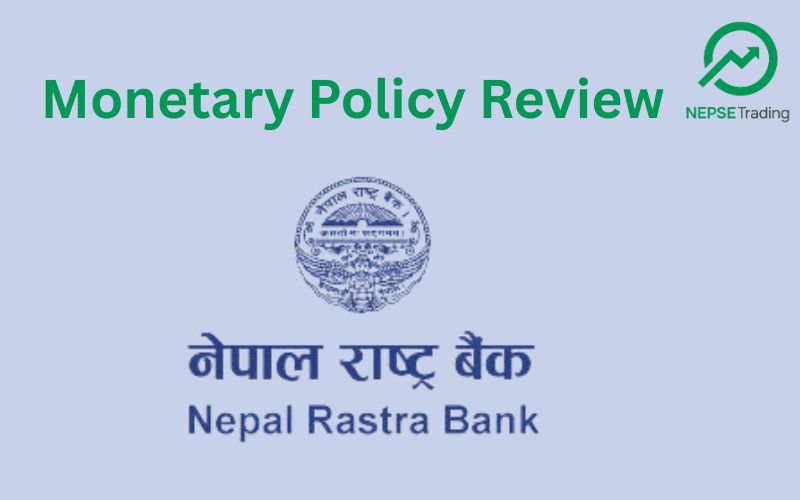By Dipesh Ghimire
Government Shifts IPO Policy for Hydropower Companies: Production First, Public Later

A new government directive requiring hydropower companies to issue Initial Public Offerings (IPOs) only after beginning electricity production has triggered backlash among energy developers and raised concerns over project financing delays. The policy, introduced through the “Economic Reform Implementation Action Plan 2082” approved by the Council of Ministers on Jestha 5, is based on recommendations from a high-level reform commission and is to be implemented within two years.
The directive marks a significant shift from Nepal’s long-standing practice of allowing hydropower firms to raise capital from the public during the construction phase. Traditionally, these IPOs have been used to mobilize funds early in project development, engage local communities, and ensure broader public ownership of nationally significant infrastructure.
The new policy, which tasks the Ministry of Finance with execution and the Prime Minister’s Office with oversight, is intended to protect public investors from long periods without dividends. Delays in hydropower project completion have often left retail shareholders without returns for years, leading to dissatisfaction and in some cases, legal disputes.
Tensions between the Securities Board of Nepal (SEBON) and energy companies have intensified in recent months. Developers have accused the board of indefinitely stalling IPO approvals, even after a new chairman, Santosh Narayan Shrestha, assumed office with expectations of reform. According to SEBON, it is obligated to adhere to instructions from the government, anti-corruption agencies, and parliamentary committees, which have raised concerns over companies with weak financials.
Following a directive from the Public Accounts Committee, SEBON suspended IPO applications from 14 companies, including seven in the hydropower sector, citing low net worth — specifically under NPR 90 per share. SEBON has clarified that it will revisit these applications once the companies improve their financial standing.
As a result, IPO applications worth NPR 18.39 billion from 38 companies remain stuck in the regulatory pipeline. Hydropower developers argue that this logjam has created uncertainty in the sector and delayed critical infrastructure development at a time when Nepal is trying to accelerate domestic energy production.
The core of the dispute lies in timing. Hydropower projects are capital-heavy during construction, and developers say delaying public offerings until after production begins will severely hamper fundraising. Industry leaders argue that banks are more willing to finance projects after completion, but IPOs during early stages help reduce loan dependency and distribute financial risk.
Former IPPAN President Shailendra Guragain warned that prohibiting IPOs during the construction phase would create a serious liquidity crunch. He said such a move could discourage private sector participation and impact Nepal’s ability to meet long-term energy goals.
The current practice, which allows IPOs after 65 percent physical progress, has been widely used to align investor engagement with project milestones. Developers insist that this approach has allowed them to raise modest but essential capital — typically about five percent of total project costs — while maintaining construction momentum.
While the new rule aims to safeguard the interests of retail investors, critics say it risks undercutting the very financing structure that has enabled many hydropower projects to succeed. Delayed IPOs may reduce investor exposure to risk but will also remove a crucial financing lifeline for developers during the most cost-intensive stages.
Analysts suggest a more balanced solution: phased IPO approvals tied to project progress, stricter reporting requirements, and enhanced financial disclosure — rather than a blanket restriction.
With several hydropower firms now reportedly considering legal action, the battle over IPO timing reflects broader tensions between regulatory caution and private sector flexibility. Whether the new rule helps or hinders Nepal’s energy ambitions will depend on how the government manages competing priorities of investor protection and infrastructure growth.









